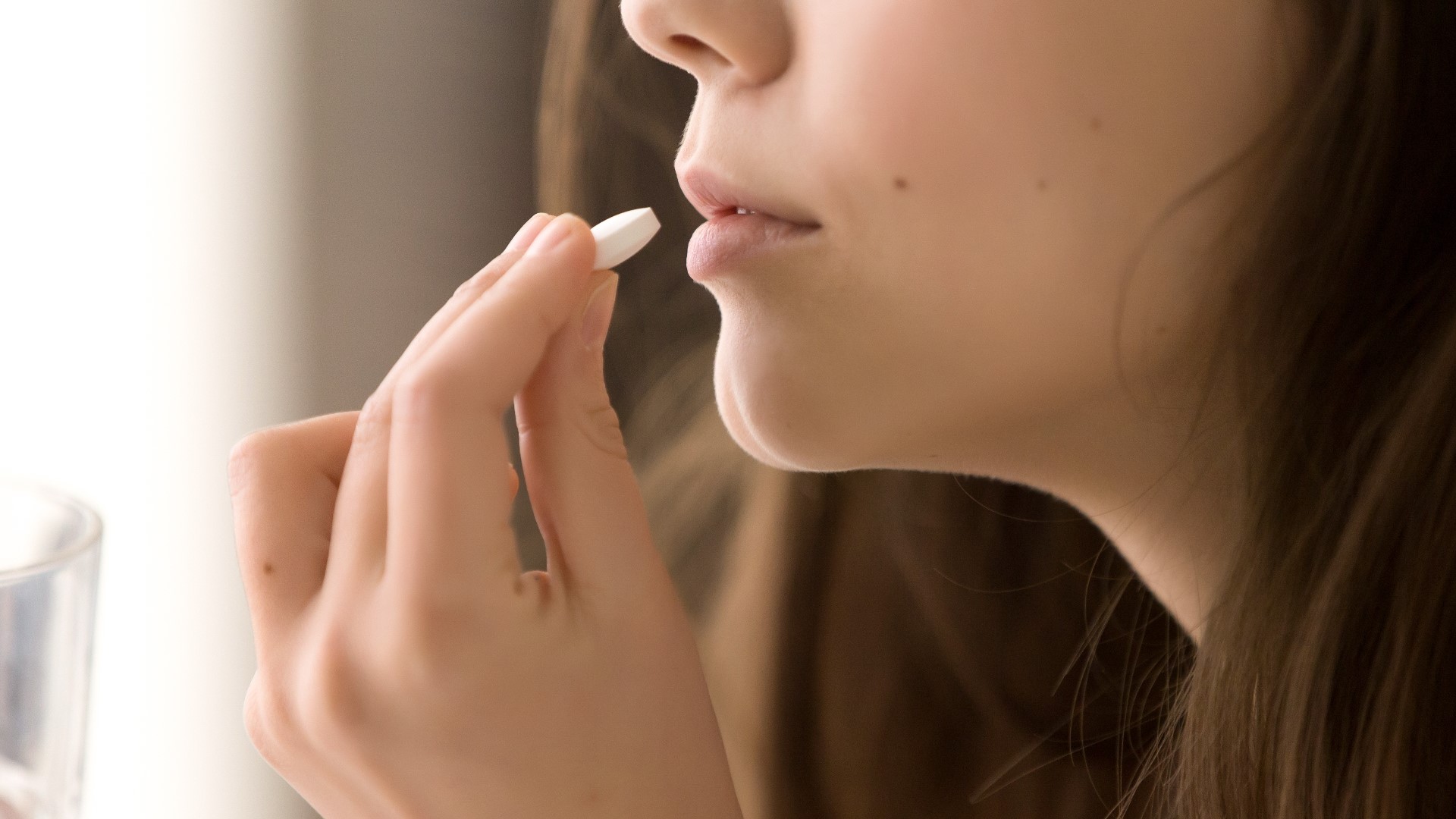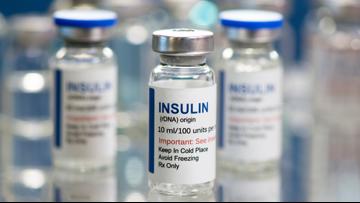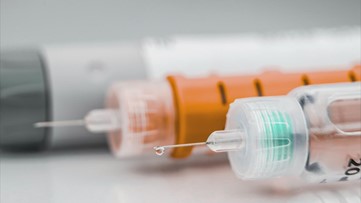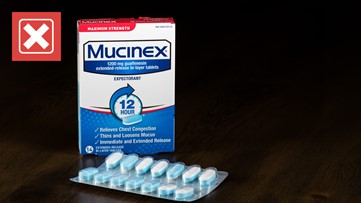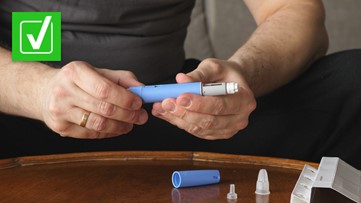ATLANTA — Posts online are claiming certain antidepressants can make you overheat.
The claims surround antidepressants that are selective serotonin reuptake inhibitors or SSRIs like Lexapro, Prozac & Zoloft.
These medicines help boost your serotonin levels to improve your mood.
Here is what we found.
THE QUESTION
Can certain antidepressants make you more likely to suffer from heat-related illnesses?
THE SOURCES
- Dr. Sujatha Reddy, 11Alive's medical expert
- Journal of Clinical Pharmacy & Therapeutics
- U.S. Food & Drug Administration
THE ANSWER
Yes, if you are on certain antidepressants, you're more prone to overheating, but the risk is low.
WHAT WE FOUND
According to the FDA, the common side effects for SSRIs are nausea, problems sleeping, and excessive sweating, among others.
Dr. Sujatha Reddy said SSRIs affect part of your brain that regulates your body temperature and sweat is the body's way of trying to cool down.
"If it doesn't allow your body to cool down properly because of the medication affecting the hypothalamus, you may be putting yourself more at risk for heatstroke and heat exhaustion without even realizing it," said Reddy.
Excess sweating can also lead to dehydration.
The Journal of Clinical Pharmacy and Therapeutics also found SSRIs had some of the lowest levels of risks than other drug classes.
There are things you can do to prevent overheating if you are taking these medicines and want to enjoy the summer sun.
"I think you just have to be aware of the temperature and then just be very well hydrated. So, I think just some careful planning, you can safely go outdoors and be on an antidepressant," said Reddy.
At least 4% to 22% of those taking antidepressant experience excessive sweating, according the National Library of Medicine.
With record-breaking temperatures in certain areas across the country, knowing the symptoms and taking precautions could help.
Here are some tips from the Centers for Disease Control and Prevention to protect yourself from heat-related illnesses:
- Wear sunscreen: Sunburn affects your body’s ability to cool down and can make you dehydrated, the agency said.
- Drink plenty of fluids: It's important to stay hydrated. The CDC recommends drinking fluids whether you’re thirsty or not.
- Wear appropriate clothing: Wear loose-fitting clothing or a hat to help cool yourself.
- Schedule outdoor activities carefully: Try to limit your outdoor activity to when it’s coolest, like morning and evening hours.
- Know the symptoms of heatstroke, including high body temperature, a rapid pulse, very hot skin, confusion and more.
